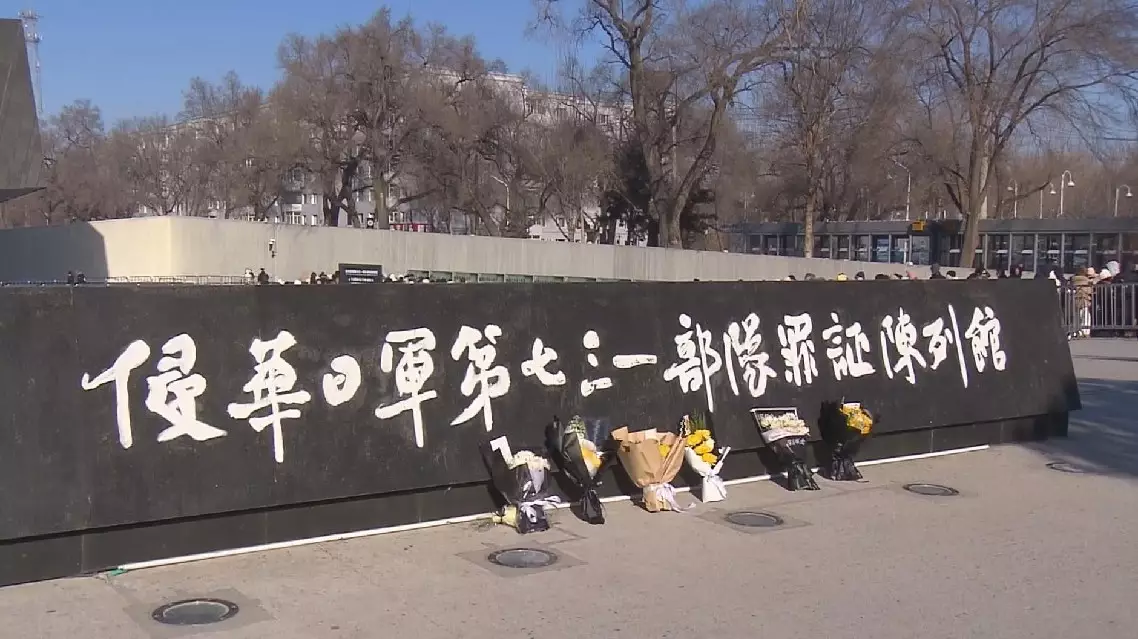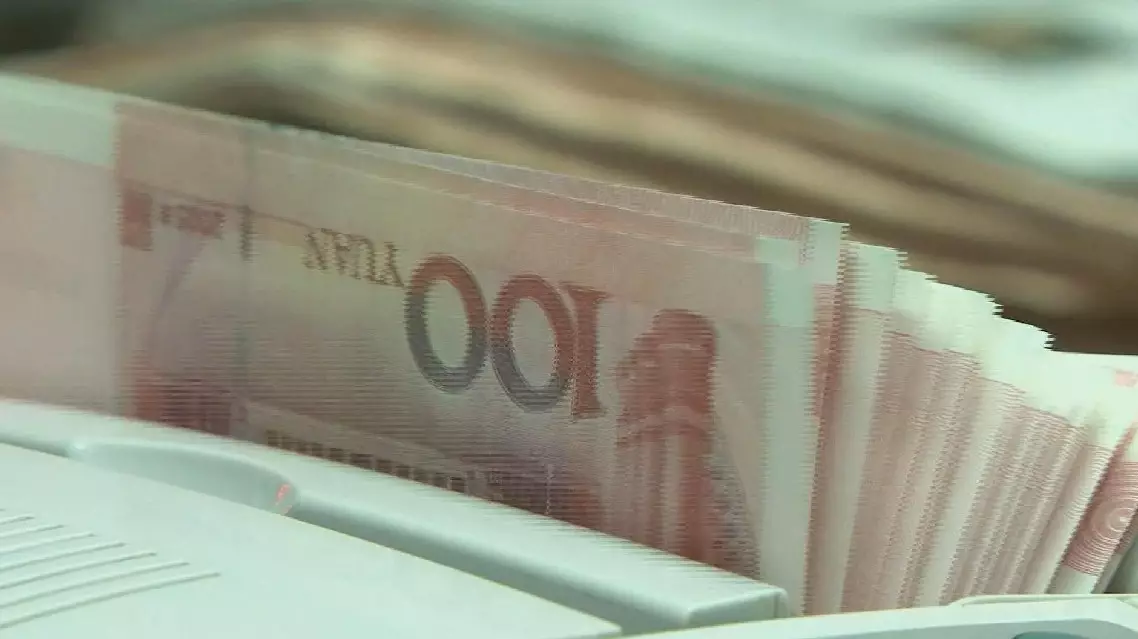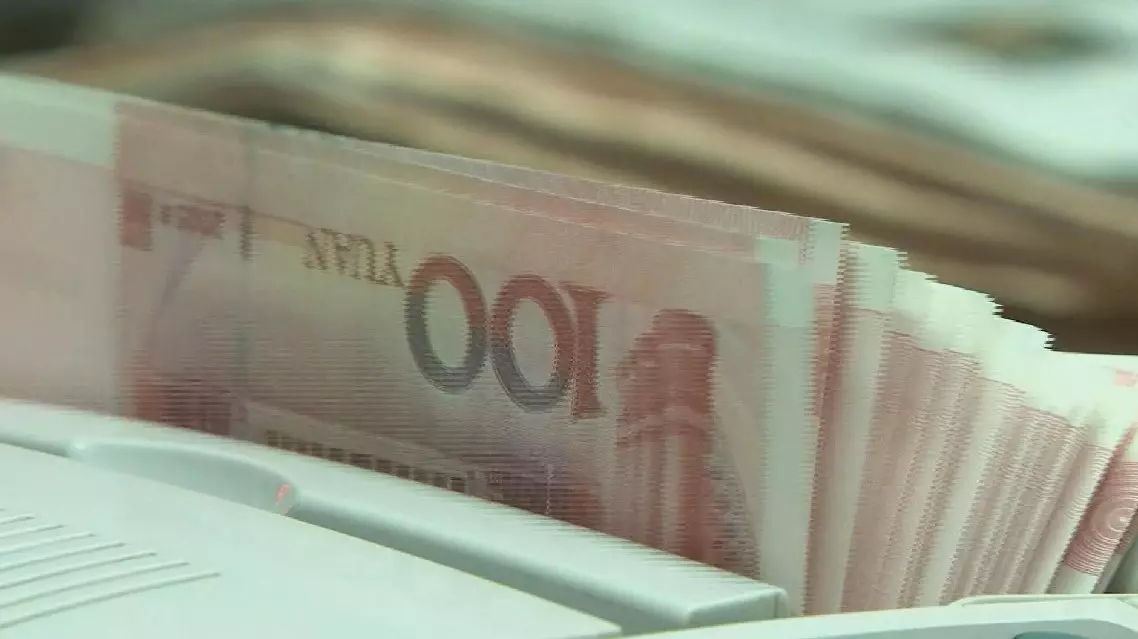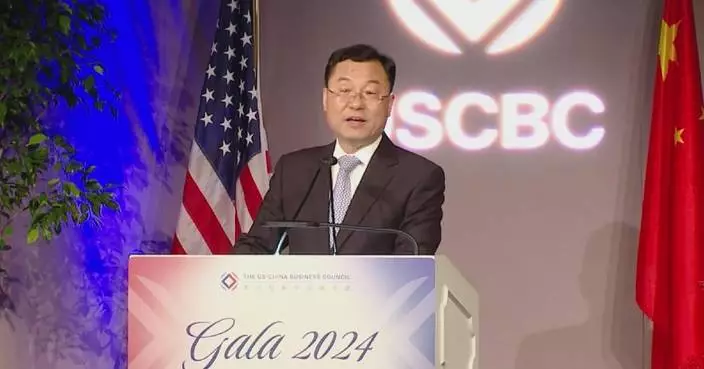A special exhibition exposing the atrocities of Unit 731, a notorious Japanese germ-warfare unit during World War II (WWII), reopened to the public on Friday at the site of the headquarters of Unit 731 in Harbin, the provincial capital of northeastern China's Heilongjiang Province.
The Special Exhibition of Historical Materials of Invading Japanese Army's Bacterial War in China presents over 2,000 pieces of files, documents, materials and literature related to Unit 731, all evidencing the invaders' crimes, with many newly found items.
"The medical journals on display this time indicate that during WWII, under the background of Japan's war mobilization, the Japanese medical community served the country's policy of colonist aggression, and carried out medical research taking the advantage of military aggression. The Japanese medical community cooperated with the military to conduct medical crimes. They once again prove that Unit 731, as the base of Japan's war-time medical crimes and nexus of personnel turnover, committed crimes which were top-down, massive and organized state crimes of Japan, in the nature of group crimes," said Jin Shicheng, deputy secretary general of the Harbin Research Institute on the History of Bacterial and Gas War of the Japanese Invasion in China.
At the reopened site, the wall of victims' names is updated with 2,805 names inscribed based on further studies on various historical records and materials.
"The reopening of the site of the headquarters of Unit 731 marks that we have achieved the original planning intention to have the site and new exhibition corroborate and complement each other. We are now presenting a multi-dimensional exhibition with relics, oral accounts and files, to warn and educate people, safeguard peace, bear the history in mind, never forget the national humiliation, and strive for a brighter future," said Zhang Yang, deputy director of the exhibition.
As Friday marks the National Memorial Day for Nanjing Massacre Victims, a ceremony was held at the site for visitors to pay tribute to the victims.

Site of Japan's germ-warfare headquarters in China reopens
China's yuan-denominated loans rose by 17.1 trillion yuan (about 2.35 trillion U.S. dollars) in the first 11 months of the year, central bank data showed on Friday.
The M2, a broad measure of money supply that covers cash in circulation and all deposits, increased 7.1 percent year on year to 311.96 trillion yuan (over 42 trillion U.S. dollars) at the end of November 2024, according to the People's Bank of China.
Outstanding yuan loans reached 254.68 trillion yuan (over 35 trillion U.S. dollars) at the end of November, an increase of 7.7 percent year on year. Meanwhile, outstanding social financing, a measurement of funds that individuals and non-financial firms receive from the financial system, stood at 405.6 trillion yuan (over 55 trillion U.S. dollars) at the end of November, up 7.8 percent year on year.
Key sectors demonstrated robust loan growth during the period: the balance of medium- and long-term loans to the manufacturing sector grew by 12.8 percent compared to last year; outstanding loans granted to "little giant" firms (those which use special and sophisticated technologies to produce novel and unique products) jumped by 13.2 year on year; outstanding inclusive loans for micro and small businesses recorded a 14.3 percent annual growth.
This growth highlighted an improving credit structure, with social expectations and market confidence showing signs of recovery, according to Zhang Jiqiang, Head of Research at Huatai Securities.
Interest rates for new loans continued to decline in November. The weighted average interest rate for newly issued corporate loans dropped to 3.45 percent, 36 basis points lower than the same period last year. The rate for new individual housing loans fell to 3.08 percent, down 92 basis points year-on-year.
China's just concluded Central Economic Work Conference pledged to adopt a moderately loose monetary policy next year. Wang Yifeng, deputy director of the Research Institute at Everbright Securities, noted that this policy stance is expected to provide substantial support for the real economy, with a greater focus on driving consumption and improving people's livelihoods.

China's yuan loans surge by 17.1 trillion yuan in first 11 months

China's yuan loans surge by 17.1 trillion yuan in first 11 months











